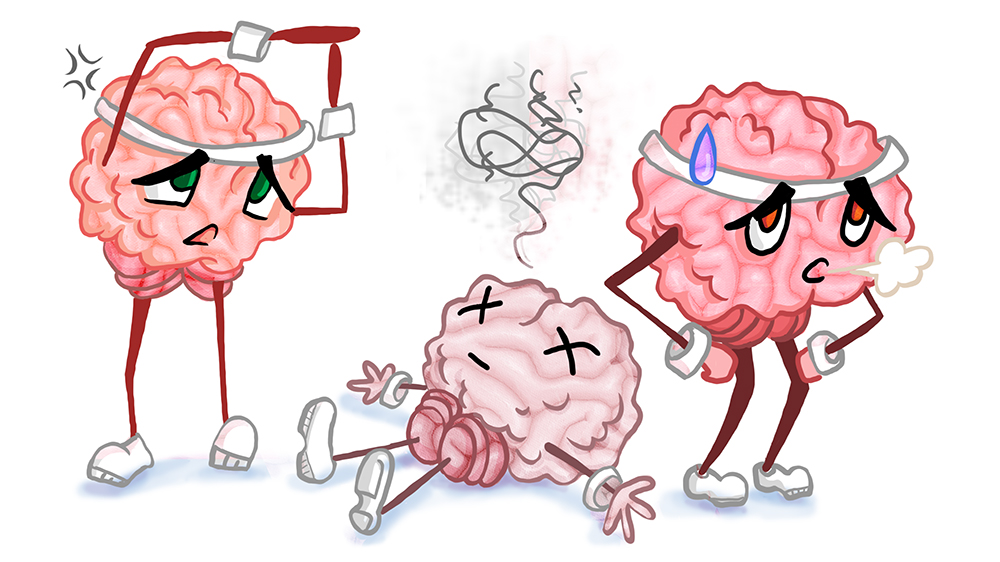In our society, the word “escapism” has been bogged down by negative connotations which are set forward by people who are either not in tune with the world or not productive. Escape is essential for people to operate on a day-to-day basis – even escapes found in the smallest of breaks are useful in helping people process information and progress.
A 2011 study published in the journal Cognition found that taking breaks after long periods of work led to greater productivity. Science Daily reported that the study was performed due to of a long-held problem for those trying to remain productive: faltering focus after a long period of work. Researcher Alejandro Lleras began the study after observing a correlation between how the brain processes information and how, with time, the brain’s effectiveness wears down like other senses that are overly stimulated. The study’s 84 participants were placed into a control group, a switch group, a no-switch group and a digit-ignored group. Those in the control group did constant work without any breaks.
The groups, excluding the control group, were given four numbers to memorize and respond differently to while completing a task. The switch and no-switch groups were told to take a break when the participants saw the digits, while the digit-ignored group was told to ignore the digits and continue working. The no-switch group was not shown the number that indicated a break. The results showed that the switch group remained productive, while the other groups faltered over the 50-minute period.
Lleras’ study showcases just how important an escape can be while working hard on something important. Using methods like the Pomodoro technique (one fi ve-minute break for every 25 minutes of focused work) can help increase productivity. No one completely focuses throughout an entire day; it’s more of an ebb and flow of productivity. People need to observe their own work/rest output in a day and scale it to their needs. When you proportion work to escape, you are able to refocus and get a consistent amount of work done.
The problem for many would-be escapists is that we sometimes escape too frequently. This can easily turn a proper escape into fullblown procrastination, which begs the question: why do people feel the need to escape from their problems? According to Psychology Today, procrastination can stem from a fear of getting the job done and can lead to feelings of guilt because of your own inaction. This can manifest into chronic procrastination, which can really put a damper on the way you view life, not to mention how much work you can get done.
I’m not suggesting that you drop whatever you’re doing this second or that you make haphazard choices that could cut your bottom-line. Just be sure that you escape responsibly and plan escapes into your schedule that are reasonable and don’t send you hurtling towards failure. Above all, plan escapes that ensure you can reset your mind and help you focus on what you’re doing.








